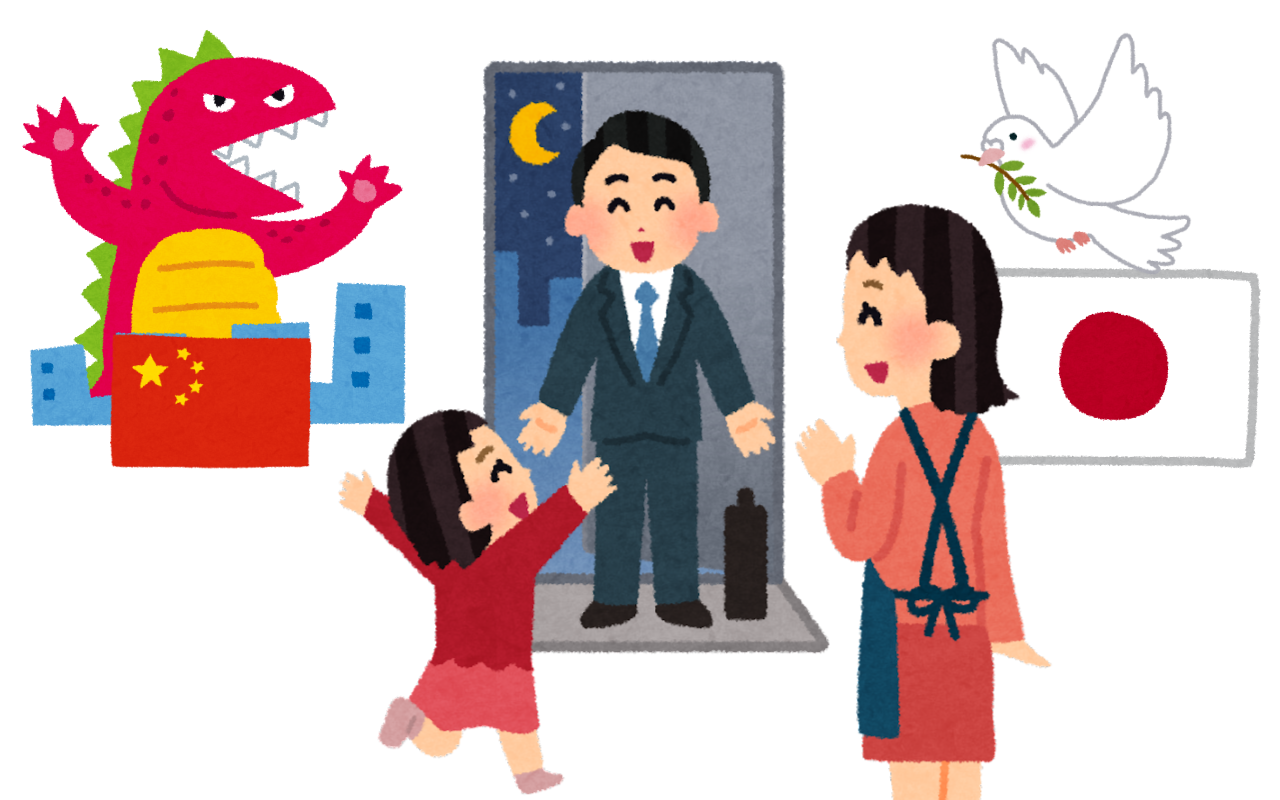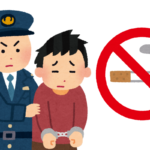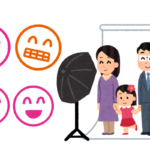
The Chinese Communist Party Congress has come to a close and Xi Jinping is serving his third term as president of the country. He originally had to retire after two terms of 10 years, but in 2018 he amended his constitution to allow him to continue in office.
The reason why the CCP set a limit on the term of office of the president and created a collective leadership system known as the "China Seven" was because of the history of Mao Zedong's autocratic management of the state, which resulted in the deaths of hundreds of thousands of people during the Cultural Revolution and caused misery to many others. In other words, since a dictatorship would make China unhappy, the ten-year term of office of the president and the collective leadership system of seven standing committee members of the Party Political Bureau, including the president, were designed to prevent this.
Xi Jinping has broken this rule. Moreover, Xi Jinping's close aide has been appointed as a member of the Standing Committee of the Politburo, which means that Xi Jinping is now able to run China completely at his own discretion.
During his first summit meeting with President Obama in 2013, Xi Jinping is said to have suggested that the United States and China, which will become the world's two largest powers, should divide and rule the Pacific Ocean in two.
From that moment on, Xi Jinping was defining himself as the hegemonic power that China would become.
Since then, China has not only steadily increased its national power and put pressure on neighboring countries, but has actually built artificial islands in the Nansha Islands, claiming that the South China Sea is China's sea. The Philippines, which objected to this, appealed to the Court of Arbitration, an international organization, and the Philippines won the case in a ruling. China, however, has continued to ignore the claim, saying that it is merely a piece of paper.
As for Hong Kong, which was returned from Britain, democracy in Hong Kong died when the government reneged on its promise to operate under a one-country, two-system system for 50 years.
Furthermore, Xi Jinping's China is trying to unify Taiwan by force and make the Senkaku Islands in Japan its territory.
For the past 50 years since the establishment of diplomatic relations between Japan and China, Japan has been assisting China's modernization, but this has backfired.
Some 124,000 people, including expatriates of Japanese companies, are living in China, but some of them are suddenly taken away by the police on suspicion of espionage and are forced to spend time in prison. The Chinese government has not disclosed the nature of the charges against them. It is reasonable to assume that there are no facts that would make them suspects.
The problem is that some Japanese business people are still thinking about expanding into these Chinese markets.
Even though the number of companies has decreased due to the Corona disaster, as many as 12,700 companies have expanded into China, and while some companies are withdrawing in consideration of China risk, 1,325 new companies are expanding (Teikoku Databank).
At the Communist Party Congress, Hu Jintao, the former president of the country, was forcibly and regularly forced to leave the venue in front of the public, a scene that was broadcast to the entire world. This video showed the fact that Xi Jinping had seized power as a dictator.
China is now not just a threat to Taiwan, Japan, the Philippines, or Asia, but to the world. Its threat is so great that it is not even a footnote to Russia and others.
How do we confront China? This is the question now before us.
For starters, Japanese companies and Japanese nationals operating in China must be brought back to Japan as soon as possible.
Everyone. Come home quick!









